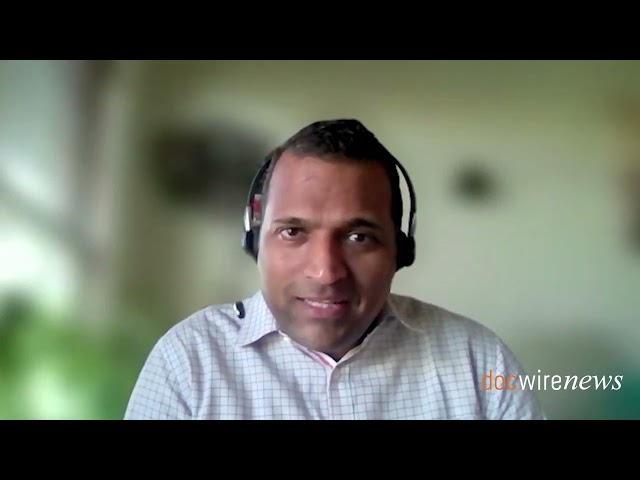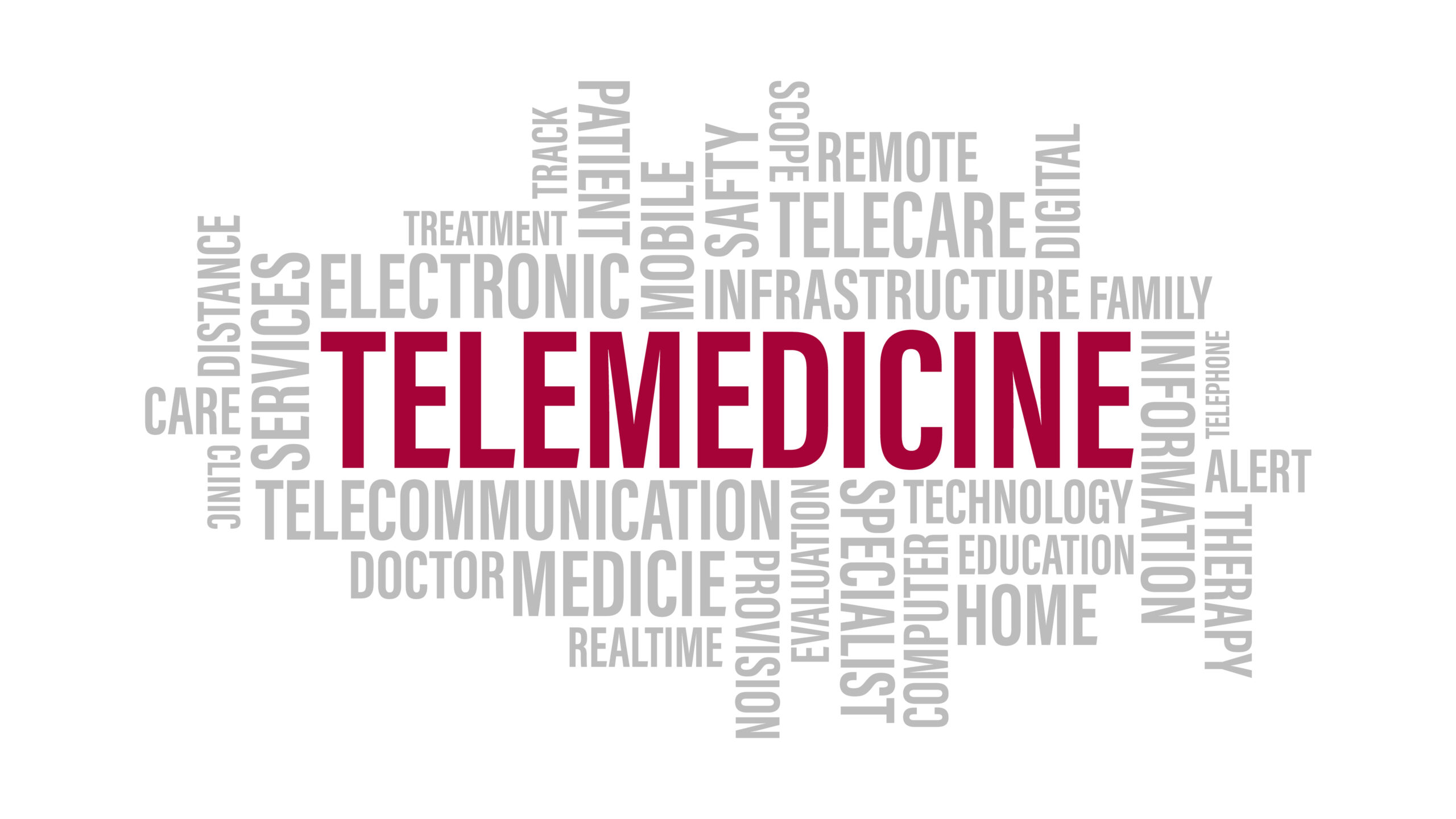
New research suggests that the use of mobile health (mHealth) devices may be useful in the screening for and detection of atrial fibrillation (AFib).
The study, published in the Journal of the American College of Cardiology, aimed to determine if mHealth technology was able to be successfully integrated into typical AFib management strategies for reducing adverse events. The authors randomized patients with AFib (aged 18 years or older) to either usual care (n=1,678), or to integrated care with an mHealth AFib app that incorporated the ABC (Atrial Fibrillation Better Care) Pathway (n=1,646). The mobile app charted patient biometrics, and also allowed physicians access to the patient during the study. The primary composite study endpoint was stroke/thromboembolism, all-cause death, and rehospitalization (rehospitalization alone was a secondary outcome). Mean follow-up was 262 days.
Tracking and Screening for AFib
According to the study results, there were reduced rates of the composite outcome of ischemic stroke/systemic thromboembolism, death, and rehospitalization in the group using the app compared with the usual care group (1.9% vs. 6.0%; HR=0.39; 95% CI, 0.22 to 0.67; P<0.001). Rates of the secondary outcome of rehospitalization were also reduced in the intervention group compared with usual care (1.2% vs. 4.5%; HR=0.32; 95% CI, 0.17 to 0.60; P<0.001). Following subgroup analyses by age, sex, type of AFib, risk score, and comorbidities, the intervention with mHealth and the use of the intervention app were associated with lower HRs for the composite primary outcome compared with usual care (P<0.05).
“Our study clearly highlights the need for an integrated care approach to holistic AFib care, supported by mobile health technology, as it help to reduce the risks of rehospitalization and clinical adverse events,” said co-author Yutao Guo, MD, of the Medical School of Chinese PLA, Department of Cardiology, Chinese PLA General Hospital, in Bejing.
Professor Gregory Y.H. Lip, MD, of the Liverpool Centre for Cardiovascular Sciences, University of Liverpool and Liverpool Heart & Chest Hospital, United Kingdom, added in a news release: “Improved AFib care requires early detection which enables the implementation of the priorities of AFib management, which is as ‘easy as ABC’: Avoid stroke; Better symptom optimization; Cardiovascular and risk factor management. Our clinical trial shows how the [AFib app] and smart devices can improve detection of AFib and the holistic management of AFib patients, improving outcomes in this common heart rhythm disorder.”






 © 2025 Mashup Media, LLC, a Formedics Property. All Rights Reserved.
© 2025 Mashup Media, LLC, a Formedics Property. All Rights Reserved.